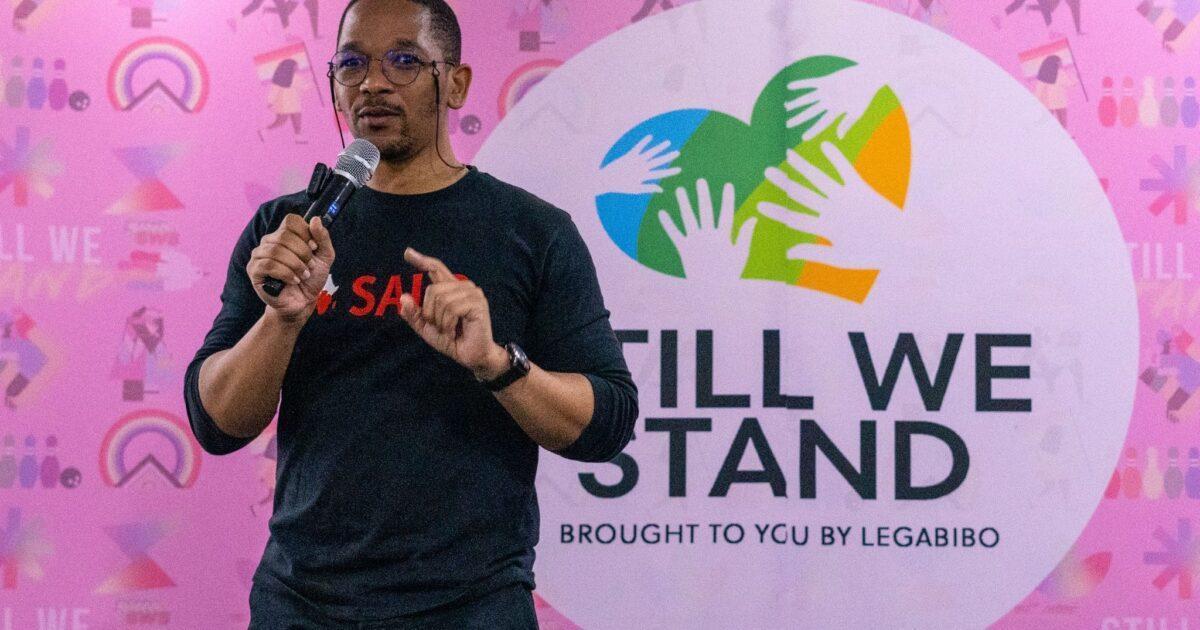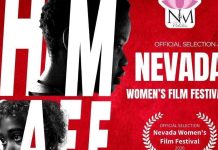Africa-Press – Botswana. While making a case for transgender and gender non-conforming women as an integral part of its position, LEGABIBO wants the UN Human Rights Committee to urge Botswana to recognise same-sex partnerships through civil unions, domestic partnerships, or marriage equality.
The Lesbians, Gays and Bisexuals of Botswana (LEGABIBO) has urged the Office of the United Nations High Commissioner for Human Rights (OHCHR) to recommend to the Government of Botswana to legally recognise same-sex relationships.
In its latest submission to OHCHR, LEGABIBO recommended that the UN Human Rights Committee urge Botswana to recognise same-sex partnerships through civil unions, domestic partnerships, or marriage equality.
The organisation also urged OHCHR to recommend that Botswana should “reform adoption laws to include second-parent and joint adoption for same-sex couples and ensure that all family policies and laws protect Lesbian, Bisexual, Transgender, Queer, Intersex, (LBTQI+) families”.
Continued exclusion
LEGABIBO argued that Botswana continues to exclude LBTQI+ persons – especially transgender and gender non-conforming women – from meaningful participation in political and legal reform processes.
It said the 2021 Presidential Commission of Inquiry into the Review of the Constitution of Botswana did not include a single openly LBTQI+ member and relied on traditional Kgotla structures for consultations, which remain unsafe for many sexual and gender minorities.
According to LEGABIBO, there is an ongoing Ministerial Committee aimed at soliciting the views of minority groups but the framework was designed for the BaSarwa community and does not extend to LBTQI+ persons, who face unique forms of exclusion.
Online and offline harassment
LEGABIBO said no comparable mechanism exists for inclusion of LBTQI+ persons and consultations on the Penal Code Amendment Bill and constitutional reform have largely excluded LBTQI+ voices. LEGABIBO said online and offline harassment of LBTQI+ women who engage in advocacy or public life remains widespread.
“Despite this, there are no protective measures to enable their safe participation. The absence of institutional frameworks or quotas further entrenches underrepresentation in governance and policymaking,” said LEGABIBO.
The organisation said Botswana’s failure to create safe, accessible pathways for LBTQI+ inclusion contravenes General Recommendation No. 23 of Geneva Conventions which obligates states to guarantee political rights without discrimination.
Mistreatment in healthcare
LEGABIBO said the Government of Botswana states that ART is freely accessible under the Treat All programme and claims it prohibits discrimination in access. However, these formal guarantees mask systemic barriers that disproportionately affect LBTQI+ persons.
“Lesbian and bisexual women, as well as transgender individuals, face widespread stigma and mistreatment from healthcare providers,” said LEGABIBO.
The organisation said transgender women continue to encounter significant obstacles in accessing gender-affirming care, including hormone therapy and surgeries, neither of which is offered within the public system.
“Despite the 2017 High Court ruling affirming the right to change gender markers, there is still no administrative procedure in place; Trans persons must obtain costly and invasive court orders, often requiring medical documentation that is unavailable or unaffordable,” said LEGABIBO.
Botswana’s under rights review
Meanwhile, the OHCHR is currently reviewing Botswana’s compliance with the International Covenant on Civil and Political Rights and the implementation of previous recommendations. The Botswana delegation is led by the Minister of Youth and Gender Affairs, Lesego Chombo.
According to LEGABIBO, Botswana’s reference to the upcoming Comprehensive Human Rights Strategy and National Action Plan (CHRSNAP) as a remedy for these issues lacks clarity. “It is unknown whether gender-affirming healthcare or administrative gender recognition will be prioritised,” it said.
The organisation said Botswana has no legislation specifically addressing gender-based violence against LBTQI+ women. “The Domestic Violence Act and Penal Code do not include SOGIESC as aggravating factors, nor do they account for violence in same-sex relationships,” said LEGABIBO.
For More News And Analysis About Botswana Follow Africa-Press






